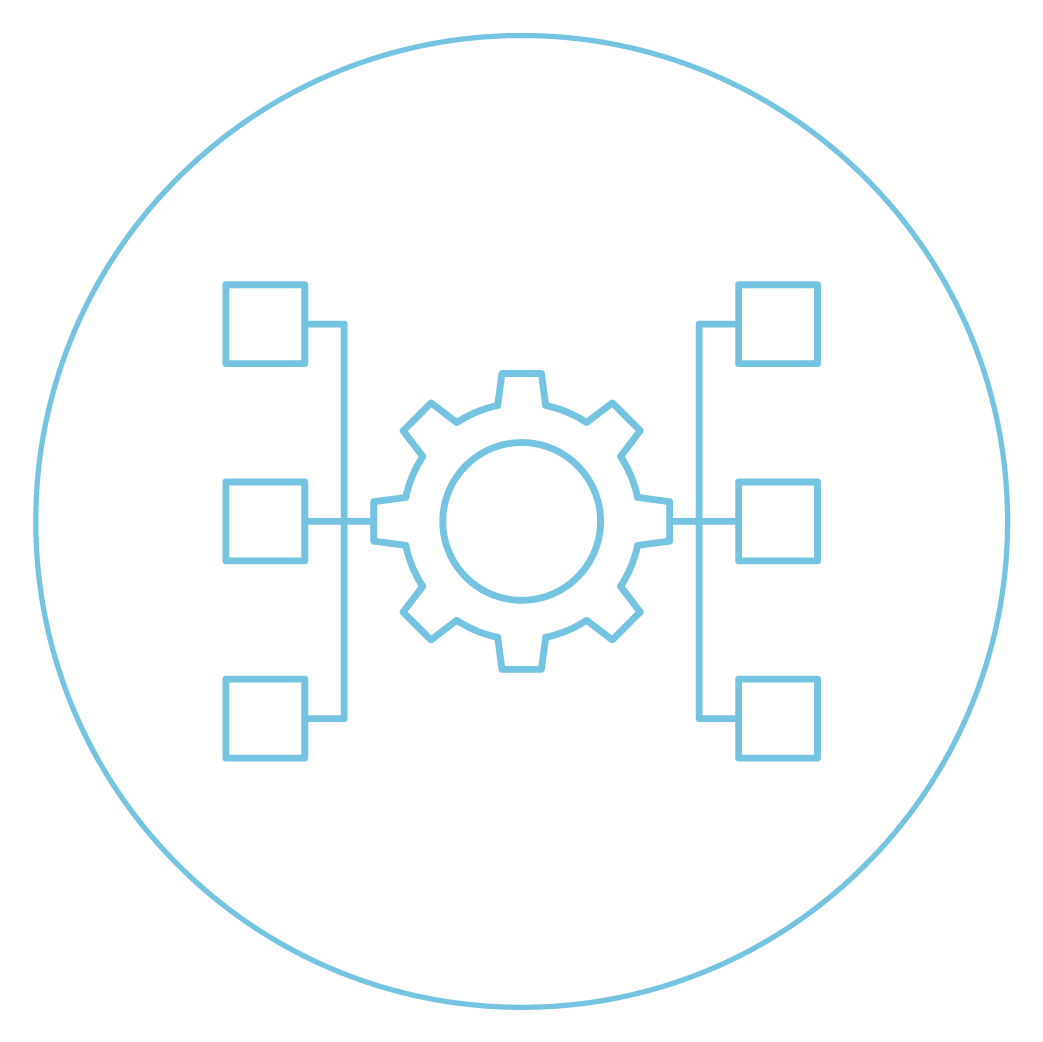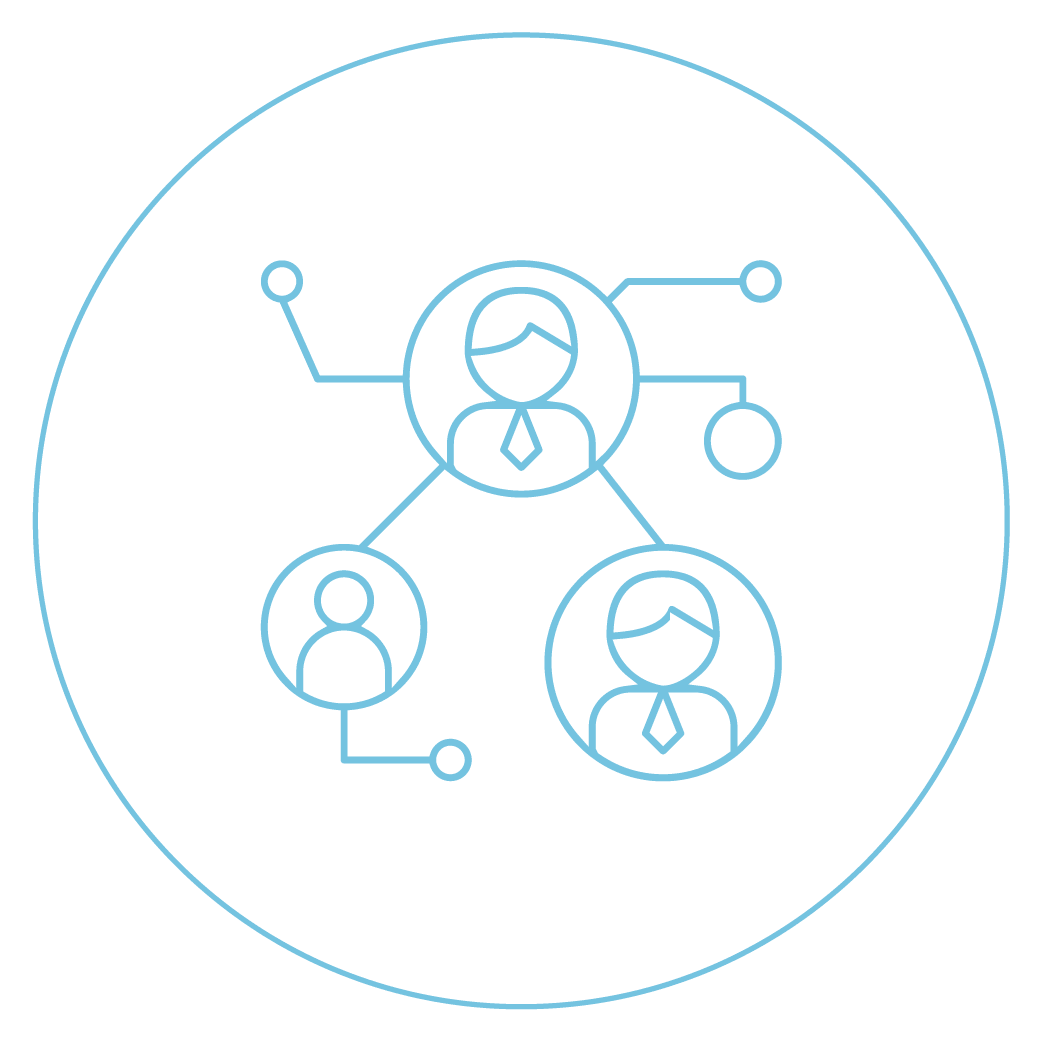
We discuss your offshore resourcing requirements
Transitioning to an integrated global workforce requires having the right foundations in place. Ask yourself:
- Do you have cloud collaboration tools accessible to distributed teams?
- Are your internal processes documented to easily onboard offshore staff?
- Can your core systems and applications be accessed remotely?
- Do you have licenses and certifications permitting you to offshore operations?
If you answered "no" to any of those, your business may need to invest in processes and infrastructure before being offshore ready.
If "yes", you could be primed for offshoring. Connect with our experts for a tailored readiness assessment covering:
- Reporting structures between onshore and prospective offshore teams
- Number of employees the offshore staff will collaborate with
- Current IT stack and software being utilized
- Required roles, skills and headcount for the offshore team
- Strategic goals and key performance indicators.
These components are essential in creating your ideal job description for offshore staff, which then get passed onto our recruitment team to understand the costs of setting up your offshore team. We will then share a transparent and fully itemized cost proposal outlining the costs associated with your offshore team so you can then determine if our offshoring solution fits your business requirements.

We recruit and employ your offshore team
Once we've jointly assessed your offshoring readiness, we work with you to design and deploy your ideal offshore workforce.
Crafting candidate profiles
We work closely with you to define detailed role requirements for your offshore team members, considering qualifications, experience, specialized knowledge and cultural fit. Our expertise lies in translating these inputs into finely tuned candidate profiles optimized to attract top Filipino talent.
Candidate vetting and selection
Our offshore recruitment specialists present a hand-picked shortlist aligning with your prerequisites. You have full visibility to evaluate prospects through remote interviews and screenings, ensuring your commitment to excellence.
State-of-the-art office integration
Upon making your selections, we seamlessly integrate your offshore staff within one of our facilities in Metro Manila. We provide comprehensive infrastructure tailored to your operational requirements, including robust security controls.

We support the operation of your offshore team
With your customized offshore team, we seamlessly integrate them as extensions of your local workforce.
Comprehensive onboarding
You lead the immersion of your offshore hires into your organization's processes, systems and culture. We offer expert advice, guiding you through best practices for remote knowledge transfer, collaboration and cultural integration.
Seamless operational meshing
We help minimize implementation disruptions while you start delegating tasks, coordinating onshore-offshore team workflows and managing deliverables..Our experts proactively handle:
- IT deployment, monitoring, and troubleshooting
- Performance management via customized KPIs and productivity analytics
- Employee engagement programs
- Continuous improvement through data-driven optimization
- Risk mitigation and regulatory compliance.
We handle all HR matters, empowering you to focus on core processes while we facilitate friction-free offshore operations.
Talk to an offshore specialist
Get your offshore questions answered by one of our team.